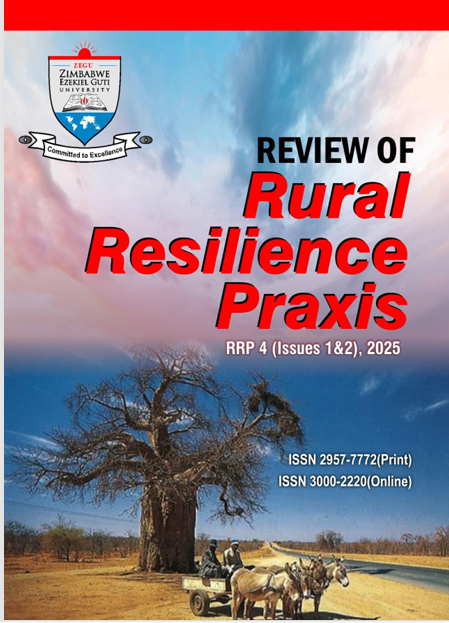Rural Land Policy: Case Comparisons of Ethiopia, Lesotho and Botswana
DOI:
https://doi.org/10.71458/n2pk4v64Keywords:
rural land policy, tenure security, agricultural productivity, comparative analysis, sustainable development, AfricaAbstract
Rural land policy is crucial in shaping agricultural productivity, food security, poverty reduction and environmental sustainability. The article conducts a comparative analysis of rural land policies in Ethiopia, Lesotho and Botswana, examining their distinct historical, social and economic contexts. Ethiopia's state-centric land tenure system, Lesotho's leasehold approach and Botswana's decentralised tribal land management offer diverse frameworks for understanding land governance. By employing a comparative approach and integrating the Evolutionary Theory, the article explores the impact of different land tenure systems on agricultural productivity, tenure security and access to credit. The analysis reveals tenure security as a core objective across all three countries, with varied effectiveness in land reforms. Ethiopia's large-scale state interventions, Lesotho's systematic land regularisation and Botswana's rural diversification highlight distinct policy outcomes. Key findings emphasise context-specific solutions, participatory governance and integrating customary and statutory systems. The study emphasises the critical role of women in land management and addressing gender disparities in land rights to enhance socio-economic development. In light of climate change and globalisation, the article advocates for climate-resilient agricultural practices and rural diversification to mitigate external impacts. Insights gathered offer valuable lessons for policy-makers, scholars and development practitioners aiming to enhance land tenure security, promote sustainable land use and improve rural livelihoods in Africa. This study contributes to the broader discourse on land governance and rural development through cross-country learning and adapting best practices.




